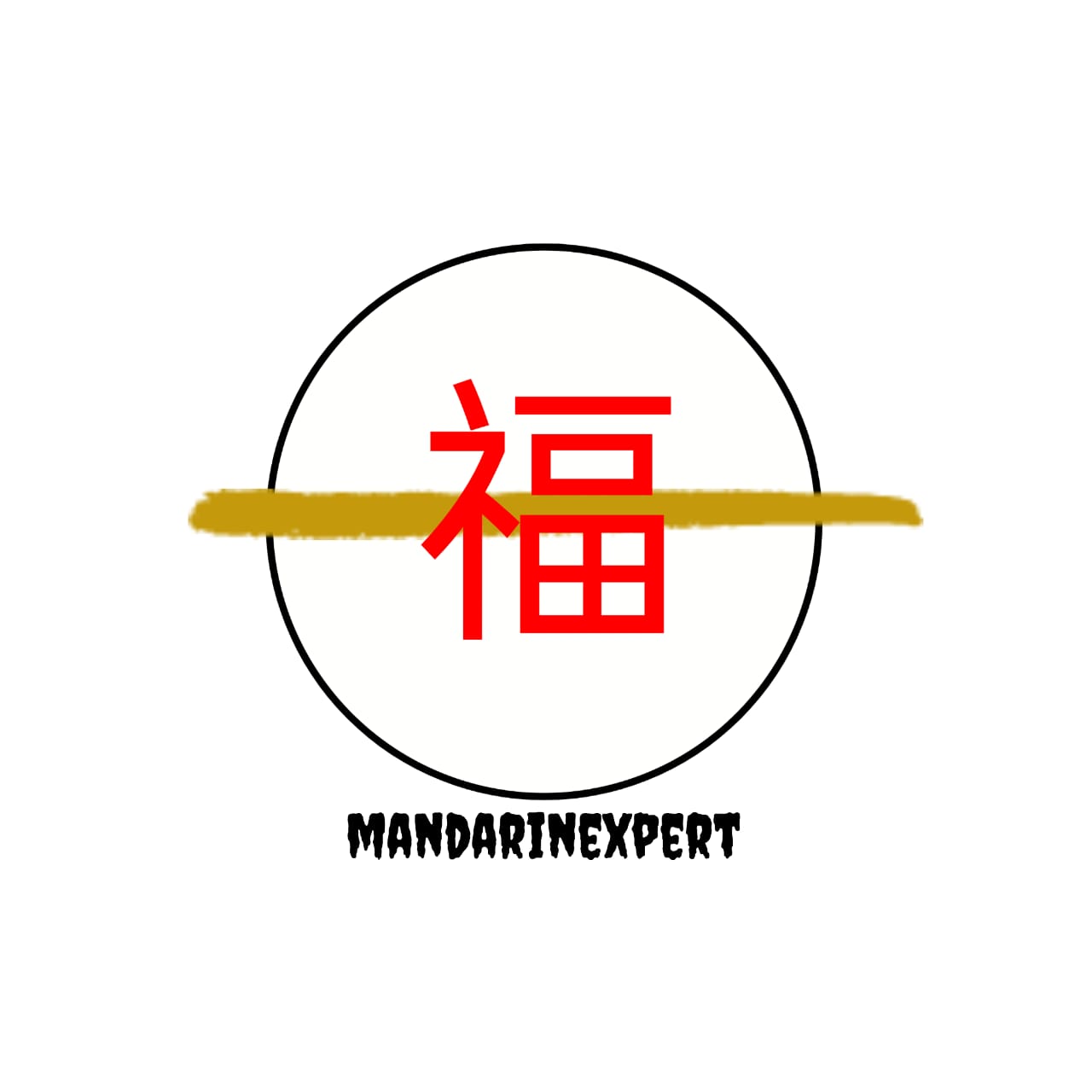Diffrence Of 还是(háishì ) & 或者(huòzhě )
When you use 还是 (háishì ), it means you usually don't know about the situation. Therefore, 还是 is usually used in questions sentences。
Example :
你是去巴黎还是去伦敦?
Nǐ shì qù Bālí háishì qù Lúndūn?
Are you going to Paris or London?
中餐还是西餐?
Zhōngcān háishì xīcān?
Chinese food or Western food?
白的还是黑的?
bái de háishì hēi de
White or black?
When you use 或者, you are telling people several possibilities, so 或者 can not be used in questions.
Example :
周末我在家做饭,或者出去吃。
Zhōumò wǒ zài jiā zuòfàn,huòzhě chūqù chī.
At the weekend I will cook at home or go out to eat.
我今天或者明天出发。
Wǒ jīntiān huòzhě míngtiān chūfā.
I leave (either) today or tomorrow.
我喝咖啡或者茶。
Wǒ hē kāfēi huòzhě chá.
I drink coffee or tea.
For More Updates Follow Us.
https://mandarinexpertsofficial.blogspot.com/2021/11/Use-of-le-in-chinese.html








.png)
.png)


